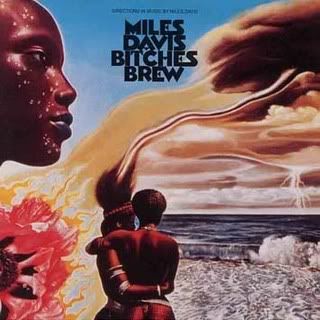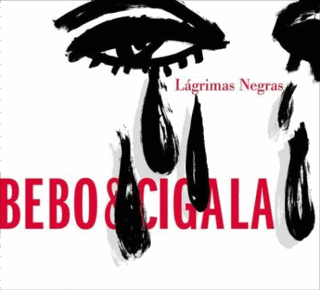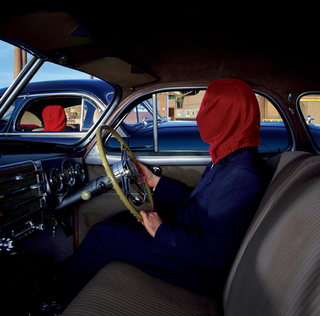Bitches Brew, although one of the best-selling jazz records of all time is often seen as crossing the limits or not being jazz at all. Miles Davis, one of the most influential jazz trumpeters of the 20th century and who played an essential role in the growth and development of bebop, cool jazz, and modal jazz, began experimenting in the late 60s/early 70s with electronics and other styles. With Miles in the Sky (1968), one could already see a minor change in Miles' sound, as he began experimenting with electric piano and electric guitar at this point. The next year he released In a Silent Way which featured a full-blown electric approach and blew away the minds of many listeners as Davis shortly began to shift towards a new revelation of music - jazz fusion. Although In a Silent Way featured a huge shift and surprised many audiences, they had no idea what they were in for next.
When Bitches Brew saw its groundbreaking release in 1970, fans, critics, and musicians worldwide went crazy. Although some see it as crossing the limits and being just all out crap, to this day the majority of society agree that it was an important and vital release. Incorporating the already introduced electronic instruments, the album also mostly rejected traditional jazz rhythms in favor of a looser, more rock-influenced improvisational style. This new style of playing music introduced a prominent style of music that has been highly influential to many musicians that came later: jazz-rock fusion. This new revelation of music was one of the most remarkable creative statements of the last century in any artistic form.
Bitches Brew was a full on turning point in modern jazz and even music as a whole. Davis had already spearheaded two major jazz movements - cool and modal jazz - and with Bitches Brew initiated a bigger change than most thought possible. Bitches Brew was revolutionary in many ways, but perhaps its most prominent innovation was rhythmic. The rhythm section throughout the recording consists of two bassists (one on a bass guitar and the other playing a double bass), 2-3 drummers, 2-3 electric pianists, and a percussionist, all jamming at the same time, yet coordinating and communicating with each other smoothly.
If you are looking for something completely new, I can assure you that in the area of jazz fusion you will find many remarkable new things, and Bitches Brew is a great place to start, as it is essentially one of the main original roots of modern jazz fusion and even progressive rock.
Personal favorite tracks include the title track "Bitches Brew" and "Miles Runs the Voodoo Down."
Genres: Jazz-rock/jazz fusion, jazz funk, jazz, progressive rock
- "Pharaoh's Dance" - 20:07
- "Bitches Brew" - 27:00
- "Spanish Key" - 17:35
- "John McLaughlin" - 4:26
- "Miles Runs the Voodoo Down" - 14:04
- "Sanctuary" - 11:00
- "Feio" - 11:47



